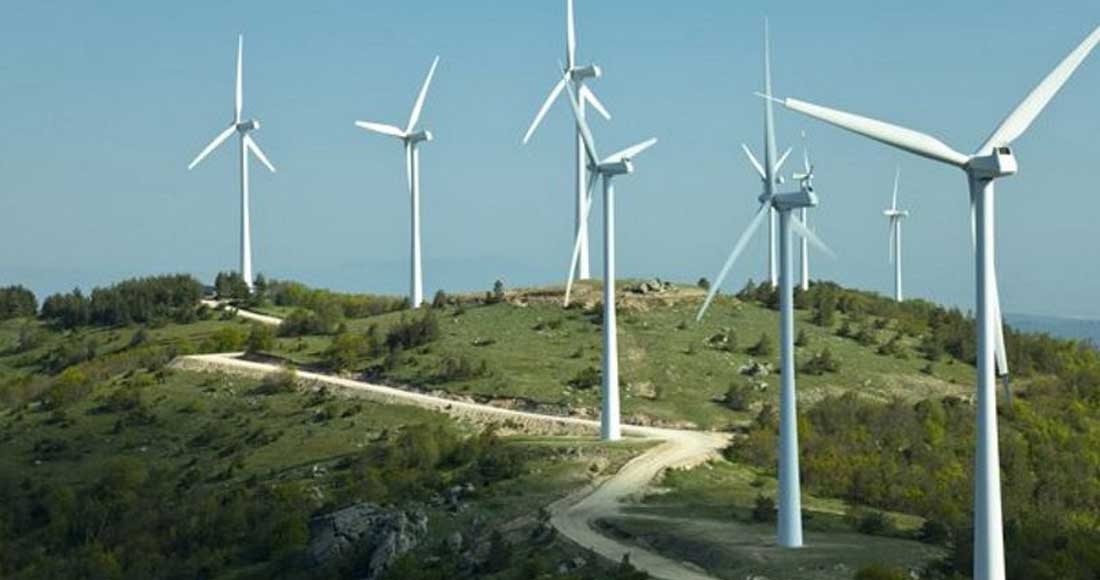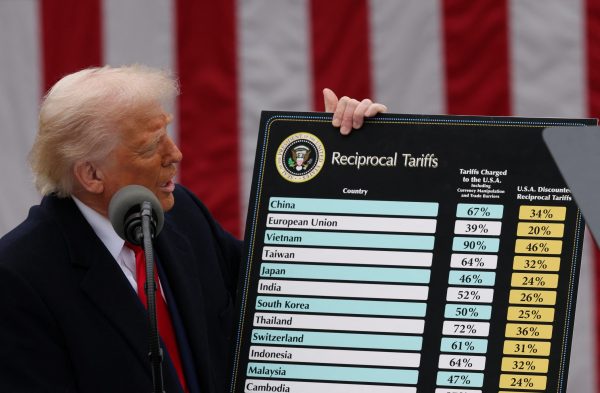
If there were no wind farms, photovoltaics, and other RES operating in Greece, then the average price of electricity in the electricity market last December would be 319.18 euros / MWh, from 235 euros / MWh that was actually the case. That is, green electricity generation “cut” the market price by 83.8 euros / MWh or by 35%.
This emerges from a study by the Aristotle University of Thessaloniki, which emphasizes that this is due to the fact that wind and sun are free and therefore the operation of RES stations leads to the cessation of the more expensive thermal power plants. If there were no RES, these stations would have to operate to meet the demand for electricity, and the final cost would be much higher for consumers.
As mentioned in a bulletin sent by the Hellenic Scientific Association of Wind Energy, the financial benefit offered by RES is not limited to this significant reduction of the price in the energy market by 83.8 euros / MWh: The total cost of production from wind farms paid by the consumer is much lower than the cost paid due to the rise of the price of fossil fuels. This creates a significant economic surplus thanks to the difference between the low and fixed fee of wind farms in Greece and the high – due to dependence on fossil fuels – market price (although this is already reduced due to wind farms again).
Especially the new wind farms produce electricity 3-4 times cheaper than natural gas and 2-3 times cheaper than lignite.
Thus, wind farms benefit the consumer in two ways:
by reducing the total market price of energy (by 35% in December) resulting in the consumer paying less overall money for electricity,
by subsidizing electricity bills: The difference created by cheap energy production from wind farms is an economic surplus that allows the government to transfer resources to the Energy Transition Fund and then to consumer accounts.
Why RES reduce the price in the electricity market
In the press release of the Hellenic Scientific Association of Wind Energy, it is underlined that this happens because the variable cost of RES (ie the additional cost required to produce another unit of energy eg a megawatt hour) is zero, since wind and sun are free and RES stations do not need to burn expensive fuel such as lignite or gas. In this way, the total cost that the consumer has to pay for green electricity is constant and known from the beginning for all the decades that the RES stations will operate, because it depends only on the construction cost of each investment that has already been paid for at the beginning.
On the contrary, the total production cost from the thermal power plants depends on the initial amount of the investment but also on the international fluctuations of the prices of the fossil fuels they use. Thus, for every hour in the electricity market managed by the Energy Exchange, RES stations are preferred displacing the more expensive conventional units, with the result that the market price, which reflects the most expensive supply for energy production, decreases.
Latest News

Trump Tariffs Jeopardize Growth: Piraeus Chamber of Commerce
The tariffs, aimed at reducing the U.S. trade deficit, are expected to have both direct and indirect effects on the European economy

EU Condemns Trump Tariffs, Prepares to Retaliate
As tensions escalate, the EU is expected to continue negotiations with Washington while preparing for potential economic retaliation.

The Likely Impact of Trump Tariffs on Europe and Greece
Trump tariffs are expected to negatively affect economic growth in the Eurozone while Greece's exports could take a hit.

Motor Oil Results for 2024: Adjusted EBITDA of 995 mln€; Proposed Dividend of 1.4€ Per Share
Adjusted EBITDA for 2024 was down 33% yoy. The adjusted profit after tax for 2024 stood at 504 million euros, a 43% decrease from the previous year

Cost of Living: Why Greece’s 3% Inflation Is Raising Alarm
Greece appears to be in a more difficult position when it comes to price hikes, just as we enter the era of Trump’s tariffs.

Fitch Ratings Upgrades the Four Greek Systemic Banks
NBG’s upgrade reflects the bank’s ongoing improvements in its credit profile, Fitch notes in its report, including strong profitability, a reduction in non-performing exposures (NPEs), and lower credit losses

Trump to Announce Sweeping New Tariffs Wednesday, Global Retaliation Expected
With Trump's announcement just hours away, markets, businesses, and foreign governments are bracing for the fallout of one of the most aggressive shifts in U.S. trade policy in decades.

Inflation in Greece at 3.1% in March, Eurostat Reports
Average inflation in the eurozone settled at 2.2%, compared to 2.3% in February

Greece’s Unemployment Rate Drops to 8.6% in February
Despite the overall decline, unemployment remains higher among women and young people.

Jerry Kalogiratos Highlights Key Role of Energy Transition and Data Demand in LNG Outlook
Energy transition and the prospects of LNG were discussed at Capital Link’s 19th Annual International Maritime Forum, during a panel discussion with Jerry Kalogiratos (Capital Clean Energy Carriers Corp.)
























![ΕΛΣΤΑΤ: Αυξήθηκε η οικοδομική δραστηριότητα κατά 15,6% το Δεκέμβριο [πίνακες]](https://www.ot.gr/wp-content/uploads/2025/03/DSC9655-2-1024x569-1-90x90.jpg)

















 Αριθμός Πιστοποίησης
Αριθμός Πιστοποίησης